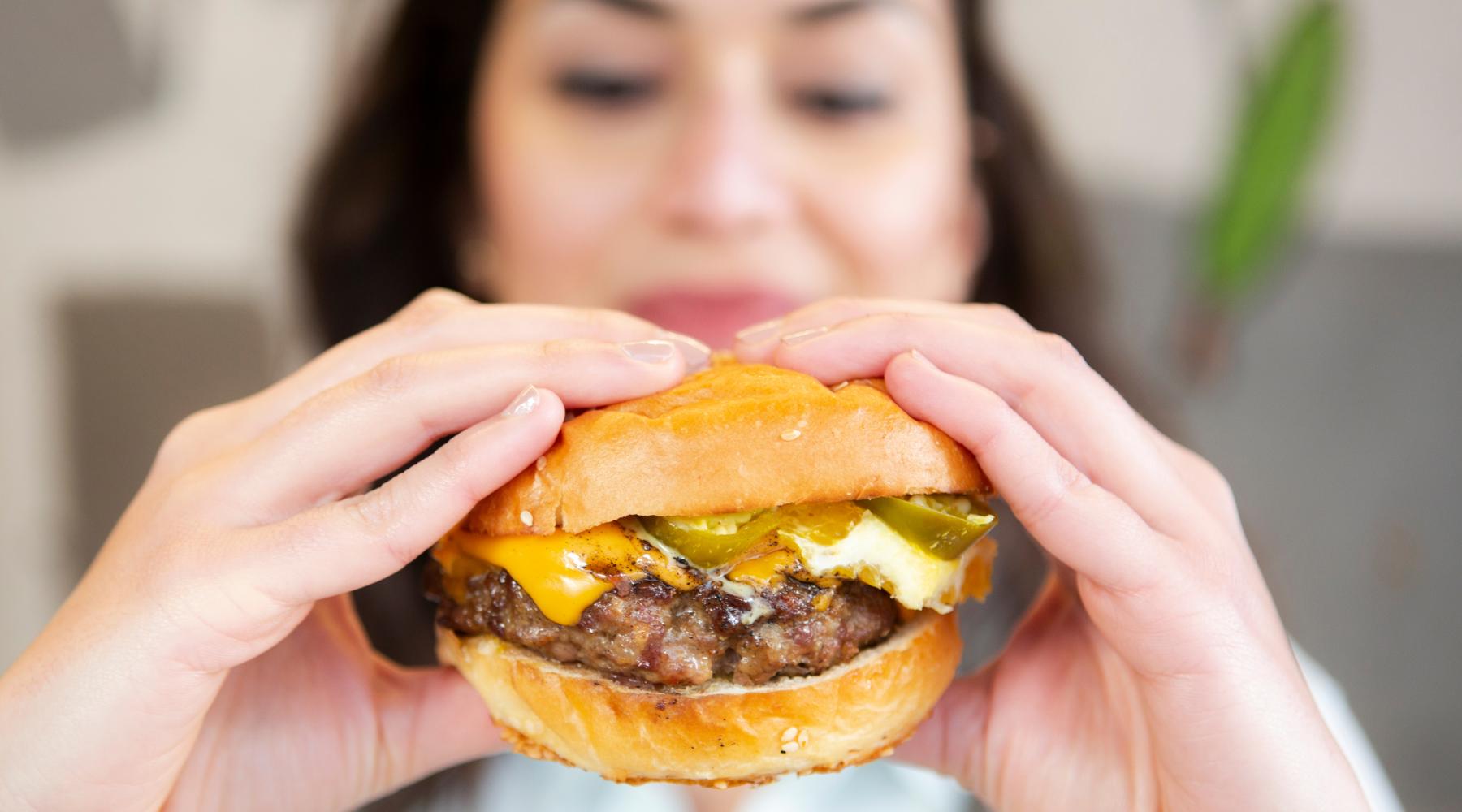It’s common to forgo a healthy snack or even stick to a balanced diet whenever the holidays roll around. This is a time for family and friends to get together around amazing food, which makes it hard to maintain healthy eating habits.
All the way from early November to New Year’s your overall well-being will surely take a hit for the worse, but it doesn’t have to be like this. Let us tell you how!
1. Resist the Urge to Overeat
Easier said than done, especially when those tasty cookies are just sitting there ready for the picking after a full course meal. But it’s important that you resist the urge to eat more than your body needs or asks for.
If you simply can’t resist trying all the snacks, control your portions instead. Have a little bit of everything instead of filling up your plate, and your stomach, with big portions.
Our trick is to start with veggies and other greens, eat slowly and chew your food well, avoid alcohol or have little of it, always with your meal and never by itself, and stay on top of your blood sugar levels! Check them often during the holidays as it is easier to slip up.
2. Stay Active
The colder months aren’t exactly ideal for outdoors activities, and even if you’re used to taking an after-dinner stroll around your neighborhood, it’s likely you won’t be doing so when it gets darker earlier and the temperature drops.
Instead, see if you can fit in your walk when it’s daylight. If you simply can’t go outside because of the weather or any other reason, try some easy home workouts to keep moving. The important thing is to try and fit at least 30 minutes of activity every day so your body can properly process the calories you’ve been eating.
3. Getting Those Z’s in
Yes, sleeping is as important as getting your 30 minutes of exercise every day. You’d be surprised how often you wake up earlier than you used to and get home later than usual during the holidays, especially when visiting friends and family.
Sleep loss, however, makes it harder for your body to manage blood sugar and it’s also a surefire way to eat more, especially high-fat and high-sugar foods, which you’ll be craving if you haven’t been sleeping properly.
Sticking as close as possible to your sleep schedule will not only improve your overall sleeping quality but also the benefits of having a regular sleep schedule after the holidays are over.
4. Some Time Alone
We know holiday time is family time, but while spending time with your loved ones is great, it can also be draining, and you’ll see your stress levels go up before the third course of the meal.
Remember to take some time for yourself, by either going for a walk, meditating, doing some yoga, reading a book, or even offering to go to the store for an errand run.
A few extra minutes of quiet time, especially away from tasty food and snacks everywhere, will do wonders not only to your physical health but also to your mental health.
5. Knowing When to Eat
Again, it’s extremely important you understand what your body is telling you when you’re having a meal or some snacks between meals.
Eating until you feel comfortable is enough to keep you sated until the next meal, which during the holidays is always around the corner. Eating until you feel like bursting will harm your eating habits and health in the long-term and then you’ll be stuck with extra weight you’ll struggle to lose, pushing you to take extreme measures to shed those “holiday pounds”.
It might be hard to resist a tasty looking snack or dessert after a big meal but saving it for later might do more for your health than thinking you’ll be able to lose the weight after the holidays.
And as with everything, we’d like to remind you that these are just some general tips to get through the holidays and all the tasty food that comes with them. Our advice doesn’t replace any medical or professional advice.




